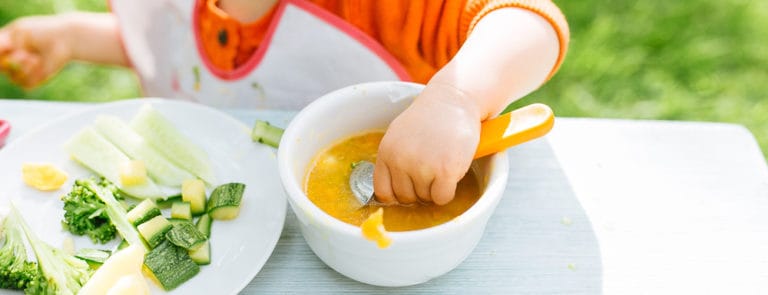20% off €35
Code:EASTER
Considering making your child a vegetarian or vegan?

If you don’t eat meat or dairy products, then you may also want your child to follow a vegan diet. An abundance of benefits come with a vegan diet, such as increased energy and a reduced risk of obesity, cancer and heart disease[1]. Whether you avoid animal-based products for ethical reasons or health reasons, it’s important that your diet includes all of the vitamins and nutrients your body requires, and that is even more important for growing children. If you’ve decided to bring your baby or child up as a vegan, or are thinking about changing their diet, then these handy tips can help you get started:
- They must eat 2 – 3 portions of vegetables (such as spinach, peas, broccoli or sprouts) every day. This is to make sure that they’re getting enough iron and protein. Green vegetables, in particular, are a good source of calcium and iron so make sure you add them to your child’s daily diet.
- You can also boost their iron levels by giving them lentils, beans, dried fruit, cornflakes or porridge. If your child is aged from 7 - 12 months they’ll need 11 milligrams of iron every day, if they’re aged 1 - 4 they’ll need 7 milligrams and from 4 – 8 years they’ll need 10 milligrams a day.
- Try and incorporate a piece of fruit with every meal if you can. Whether it’s a banana, apple, piece of melon or a few strawberries, it’ll provide them with essential vitamins and minerals.
- Your child will need a daily vitamin supplement from the age of six months. Before then, if you’re breastfeeding, you should take a vitamin D supplement as this will pass through your breastmilk to your baby. Formula milk is already fortified with iron.
- They may need additional supplements but your GP will be able to advise. Soya-based formula milk is an option before you move them onto solids, as it is fortified with calcium which contributes to healthy bones.[2]
- It is important that your child receives safe sun exposure regularly. You can also provide them with vitamin D supplements; both vitamin D2 and vitamin D3 are suitable for vegetarians, so stock up to ensure your child doesn’t suffer from a deficiency.
- To encourage healthy brain and vision development, include soya bean oil and rapeseed oil in your child’s diet. Choose these over other oils, such as sunflower oil and corn oil.



